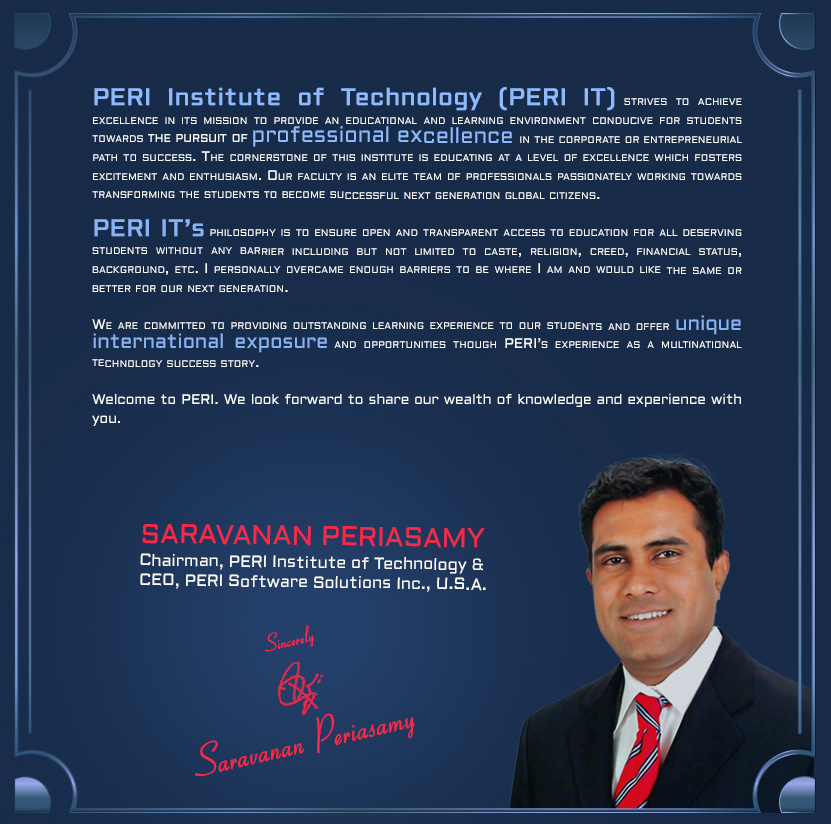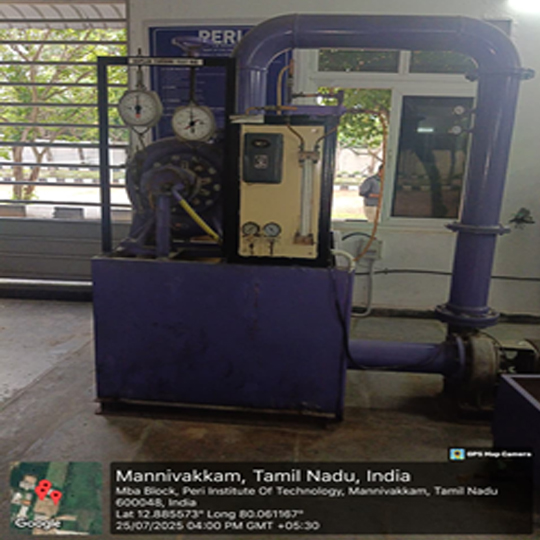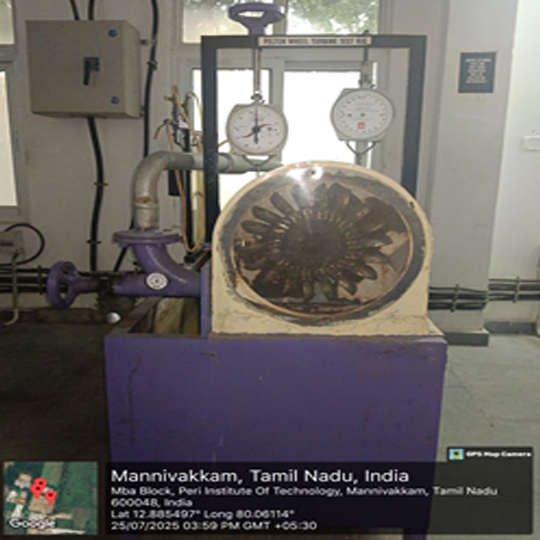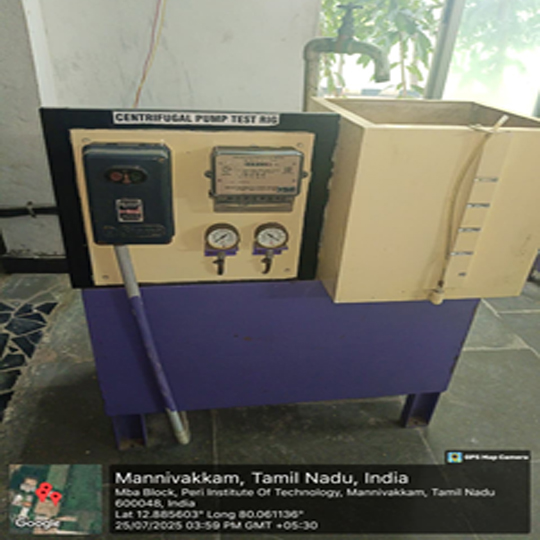Laboratory
Hydraulic Engineering Laboratory
Hydraulic Engineering Laboratory
Objective:
The primary objective of the Hydraulic Engineering Laboratoryis to provide students with hands-on experience in the fundamental principles of fluid mechanics and hydraulic engineering. This includes exploring the behavior of fluids in various flow conditions, understanding the characteristics of hydraulic systems, and applying theoretical concepts to real-world engineering problems related to water conveyance, open channels, pipe networks, and hydraulic structures.
Outcomes:
Students will be able to:
- Demonstrate an understanding of basic fluid properties and their influence on fluid behavior.
- Conduct experiments to verify fundamental principles of fluid mechanics, such as Bernoulli's theorem, continuity equation, and momentum equation.
- Measure and analyzevarious hydraulic parameters, including flow rate, pressure, velocity, and head loss in pipes and open channels.
- Evaluate the performance of different hydraulic components and systems, such as pumps, turbines, weirs, and orifices.
- Apply dimensional analysis and similitude principles to understand and design hydraulic models.
- Analyze flow regimes (laminar and turbulent) and determine friction factors in pipe flow.
- Design and analyzesimple pipe networks and open channel sections using appropriate hydraulic equations and software (where applicable).
- Interpret experimental dataand effectively communicate findings through technical reports and presentations.
- Understand and applysafety protocols and ethical considerations in a hydraulics laboratory setting.






